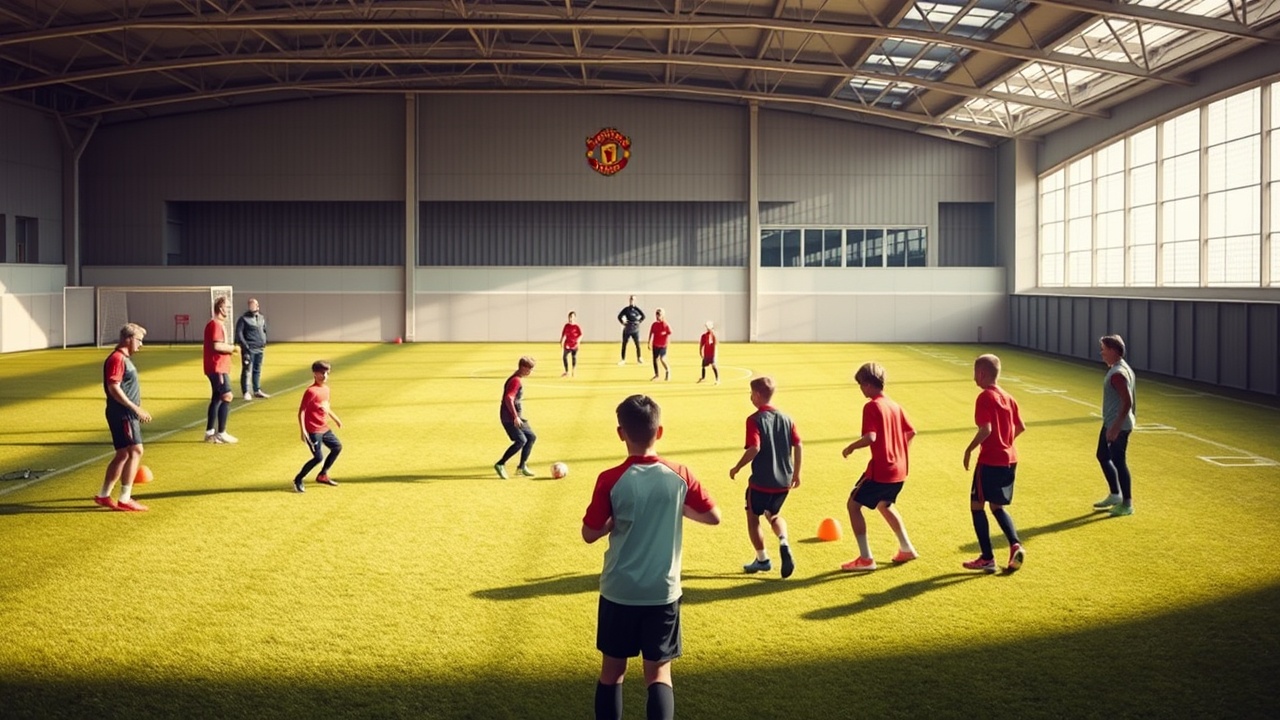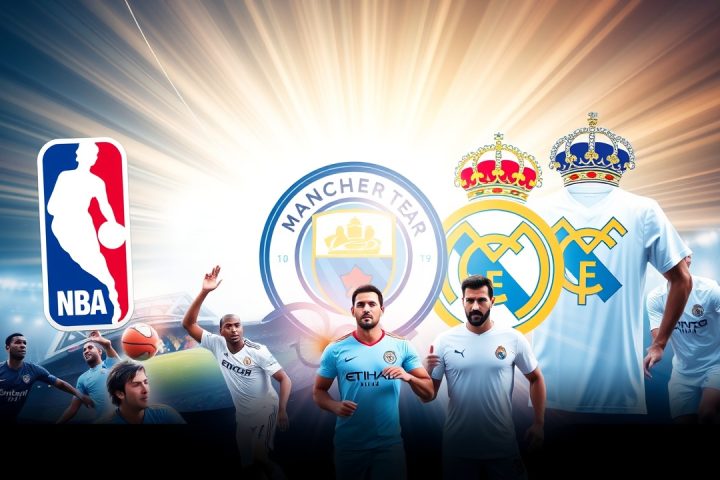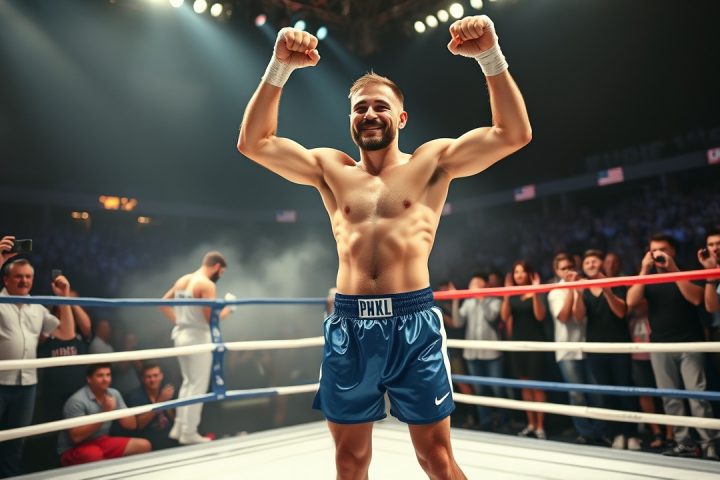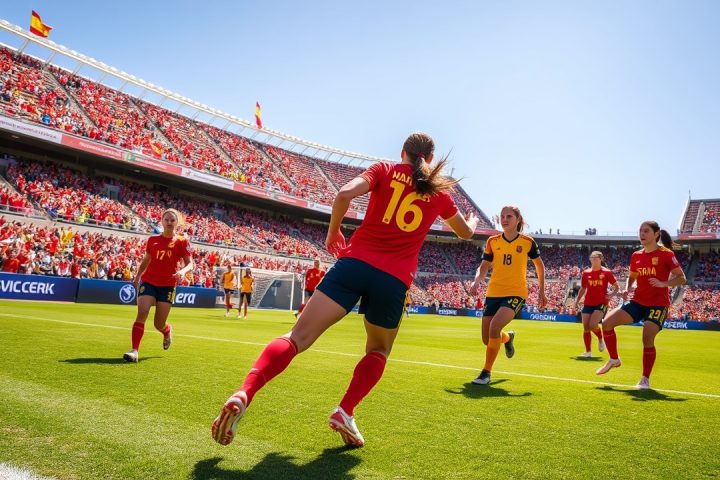Manchester United’s Youth Academy: A Legacy of Excellence
Heading the youth academy at Manchester United is a role steeped in history and carries immense expectations. The club has a long tradition of nurturing young talent, making the position not just a job, but a vital part of an enduring legacy. Nicky Butt, who managed the academy from 2016 to 2019, emphasized that understanding the club’s rich history is essential.
“It’s not just a football club; it’s an institution,”
he remarked, underlining the unique demands faced by those involved in player development at United.
Transition and Expectations
With the recent announcement of Nick Cox’s departure from his role as the academy director to take a position at Everton, Manchester United is now on the lookout for a successor. This pivotal task falls to Jason Wilcox, the club’s director of football, who must find someone capable of upholding United’s esteemed youth culture. A rarity in the football world, head positions in United’s academy have traditionally seen very few changes, with previous leaders like Brian McClair and Les Kershaw having held their posts for extended periods, establishing a legacy of nurturing successful teams.
The heritage is notable, stretching back to stars like Eric Harrison, who was instrumental in the development of the legendary Class of ’92, and Jimmy Murphy, who shaped the club’s youth strategy for nearly two decades. The continuity of homegrown talent in the first team has remained exceptionally strong, a streak of 4,321 games devoid of interruption, marking it as potentially the longest in any professional league worldwide.
Modern Challenges and Responsibilities
However, the new appointee will not only need to respect this tradition but also adapt to the modern complexities of running an elite academy. The role has evolved considerably, requiring an understanding akin to that of a sporting director but focused on younger age groups. Presently, over 210 players are nurtured within the academy, with additional teams at various developmental centers, and the annual running costs are projected around £10 million, covering various operational aspects like recruitment and player welfare.
Cox’s responsibilities encompassed a wide range of duties, including player scouting and retention, recruitment strategies, and ensuring a seamless integration of support services such as coaching and medical care. There is an emphasis on not only identifying talent but also nurturing them until they are ready to transition to senior professional football, with an eye towards how they complement the first team.
In contrast, Manchester City has adopted a development-focused approach, where the chances of players breaking into Pep Guardiola’s squad are slim. United’s challenge involves balancing player development with the concurrent necessity of integrating them into the first team, thus requiring a level of business savvy to justify ongoing investments to executives and owners.
Future Directions and Leadership Qualities
Amid the complexity are the rules that govern player transfers and the academy’s accountability to maintain its prestigious status within the category one classifications, rigorously audited by the Premier League. Sir Jim Ratcliffe’s recent investment has shifted how United approaches recruitment, particularly prioritizing players between the ages of 17 and 20, with a collective aim to develop future first-team players.
Leadership qualities are paramount for the next academy head. Effective communication will be key within board meetings and training sessions, complemented by a solid grasp of operational regulations and an understanding of adolescent development. Recent initiatives under Cox aimed to enhance staff awareness of the club’s history and cultivate a connection with the local culture are notable illustrations of how the academy can influence the players’ overall development experience.
Butt proposes that the ever-expanding responsibilities of the academy might be better served by splitting the role into two separate positions, allowing for a specialized focus on each aspect of academy management. As the search continues for the new leader, the profile of the candidate will likely emphasize character, respect for tradition, and a commitment to fostering a winning mentality among young players, in line with United’s rich legacy.




